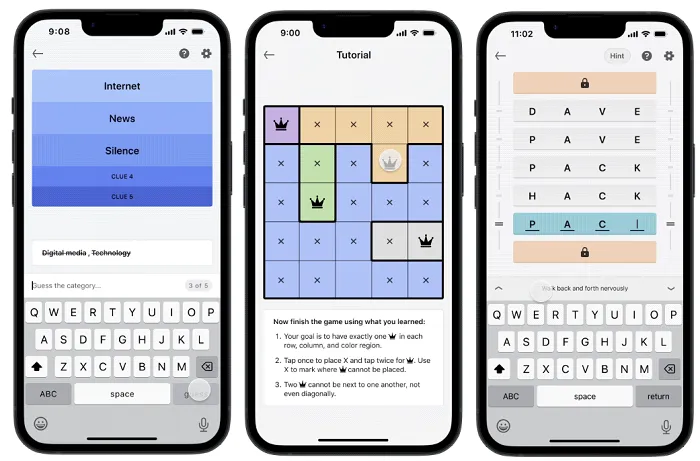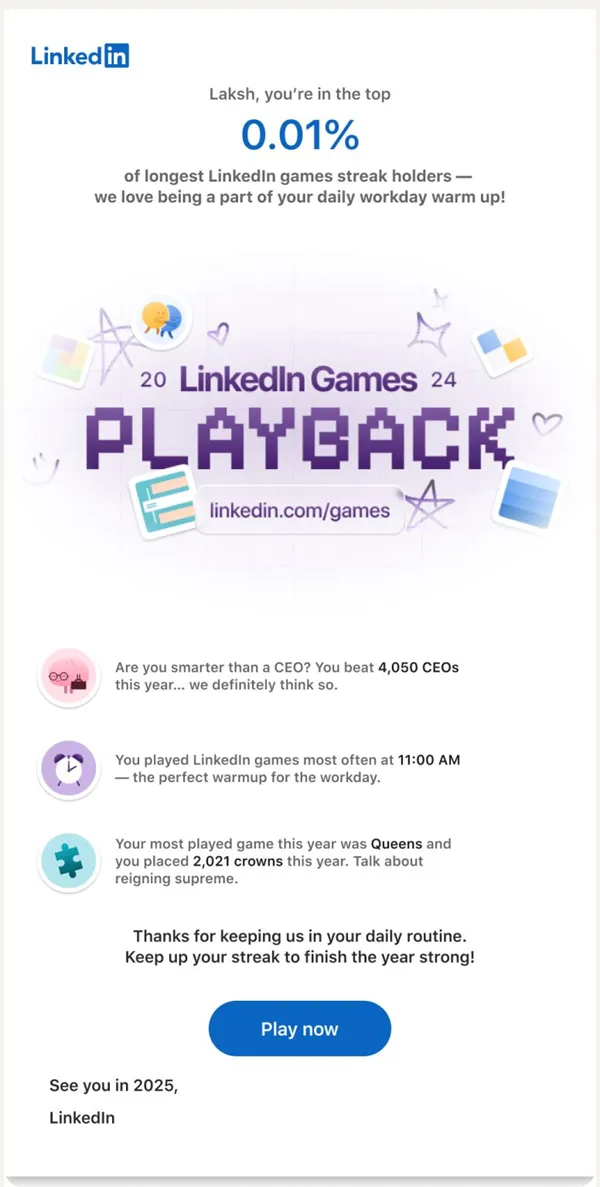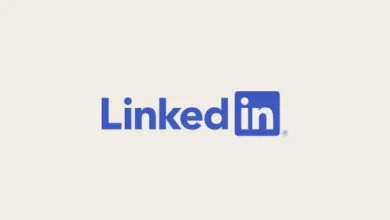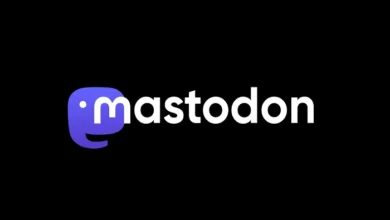LinkedIn’s Giving Users a Summary of Their Games Performance

Hey there, cool dudes, how have you been going with LinkedIn’s puzzle games this year?
As you may recall, back in May, LinkedIn launched three in-stream games which enable you to challenge colleagues, bosses, people from other companies, etc.

LinkedIn added another puzzle game to its library in October, as well as expanded data insights into comparative performance.
And if you’ve been playing along at home, you can expect to get a summary of your in-game performance soon, with LinkedIn distributing a “Playback” overview of your scores, ranking, and more.

As you can see in this example, LinkedIn’s games Playback overview will tell you which games you played most often, when you most often played, and how many CEOs you’re better than.
Though that measure is relative, because there are a lot of people on LinkedIn calling themselves CEOs who are actually just single person operators, or the like.
But regardless, the summary might make you feel better either way, as you imagine some rich looking CEO getting frustrated in his glass-walled office because he just can’t work out the latest puzzle. But you solved it.
So, does the fact that LinkedIn’s added a summary like this suggest that LinkedIn’s games have been a winner?
Well, we don’t have any data as yet on how many people are actually playing LinkedIn’s in-stream games, and they do still seem like an odd fit on the professional social network. But LinkedIn has reported that 80% of users who play a game return to play the following day, while 76% come back again a week later.
So while we don’t know how many people are playing, we do know that those that do keep coming back.
Which is probably a win. It’s all about improving LinkedIn’s engagement metrics, so even if only 100 people are regularly playing, the fact that they’re spending longer in the app would impact the overall average.
So, good for LinkedIn, and if you’re a LinkedIn game player, good for you, because you’re about to get a cool notification telling how good (or bad) you are at its puzzles.
Just imagine that the CEOs it’s referring to are like Richard Branson and Tim Cook and you can convince yourself that you’re actually, probably a genius.
Source link





